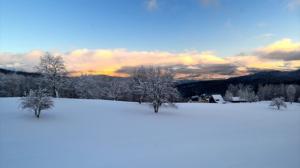Unveiling the Hidden Beauty: Guide to Captivating Desert Photography
People often think that deserts are empty, vast, and barren that do not offer anything to enjoy. Unfortunately, there are numerous misconceptions about desserts, and people believe these are only scorching hot, dull, and completely devoid.
Deserts are the most under-appreciated and underrated locations in the photography world. These are not only dunes but stand among the most breathtaking landscapes in the world. You can find various forms, colors, structures, landscapes, and temperature ranges.
Sensibly planned photography in the desert can yield spectacular compositions.
This article will shed light on what desert photography is, how you need to be prepared before going to the desert, and the best tips that can help you take stunning desert pictures.
What Is Desert Photography?
The desert landscape includes endless sand and sky. It is a natural way to capture all scenes in one frame with a wide-angle lens.
Thanks to deserts’ solitude and otherworldly terrains inspired artists and photographers.
Desert landscape photography can transport people to these exotic and almost alien places.
Desert Photography Preparations
Desert environments are harsh and unpredictable; plus, it takes time for desert conditions to line up right. Hence, it is vital to be well-prepared so that you may feel safe and comfortable during your desert night photography.
For heartwarming desert portrait photography, you need to equip yourself with the following things and ideas beforehand:
Pack The Essentials
Take plenty of water, sunglasses, and sunscreen to protect your eyes. Desert weather changes quickly, so if the weather is hot during the day, consider packing a long-sleeved shirt and hat or scarf to protect yourself from the possible high winds.
Be Ready To Trek For The Shot
You need to wear hiking boots to avoid getting sand in your shoes. Downloading a GPS app is helpful as it can mark suitable compositions while returning to the car.
Must look down and analyze the ground. There are many compelling details for macro photography in petrified cracked mud, wood, salt, cacti and succulents, and patterns in the sand and rock. These minor subjects make many stunning abstracts for perfect photograph prints.
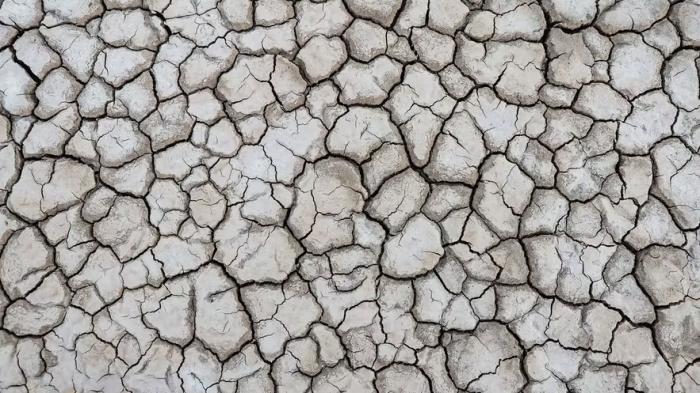
Watch The Weather
Desert weather varies from extreme heat to flash floods. Before planning off to the desert, check the weather conditions; many weather situations are inappropriate for photography. Rain and thunderstorms are significant to get the most dramatic scenes in pictures.
Scope Out The Scene Ahead Of Time
Composition is critical in the desert. In the beginning, it can look like there is no story in the desert, so walk around to create some compelling images.
Be Mindful Of The Surrounding Ecosystem
Any plant that grows in the desert is arduous to get there, so be careful while walking on the tiny desert flowers. Your impact on the desert is lasting.
Best 10 Tips For Desert Photography
Here are the top ten desert photography ideas that can majestically improve your photos.
Desert Photography Tip 1: Carry The Proper Equipment
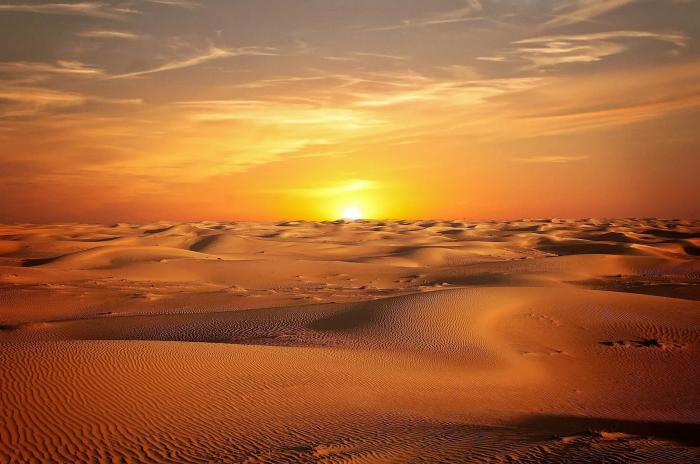
A trip to the desert is generally a long way away and difficult to get to. So, once you're there, you'll want to make the most of your photoshoot.
Therefore, it is essential to carry the right tools for the job and safeguard them correctly.
Desert Photography Tip 2: Take Your Essentials
Photographing in the desert requires more than just a camera or other camera-related accessories.
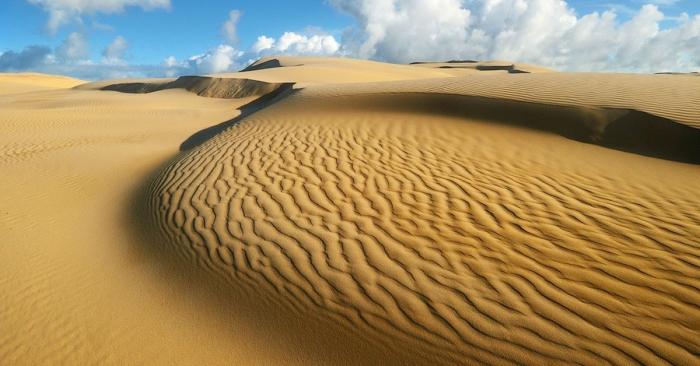
It is essential to carry the following things with you when you are heading to a remote region with few or no services available nearby:
- Flashlights
- Water bottles
- Sunglasses
- Sun protection cream
- Map or GPS
Desert Photography Tip 3: Get Yourself Appropriate Clothes
It is critical to wear accurate clothes in the desert photo session. You can keep cool in the heat by wearing natural fibers like cotton that don't stick to your body.
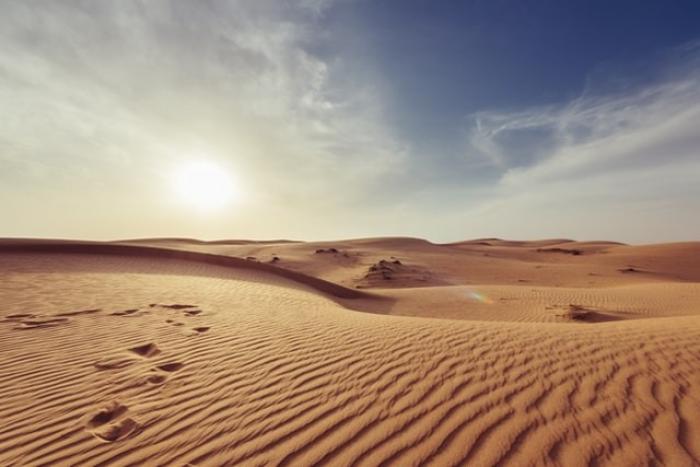
Sunburn and branch or thorn wounds can be avoided if you wear long sleeves and pants. Because of the shiny nature of sand, sunglasses are essential for protecting your eyes.
Desert Photography Tip 4: Know Well About Camera Settings
If you're keen on taking pictures in the desert, you'll need to know which camera settings are optimal for your particular situation.
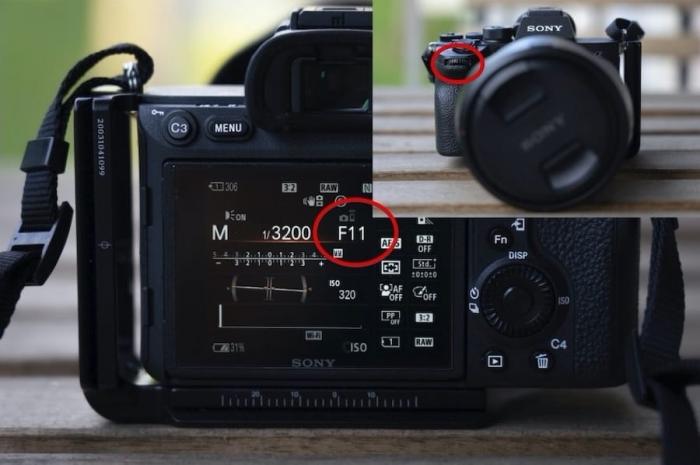
When it comes to customizing your settings, there are a few things to keep in mind, such as:
- Shutter speed
- Aperture
- ISO
- Better Light
Desert Photography Tip 5: Plan Your Weather
It's important to remember that desert photography is a year-round endeavor.
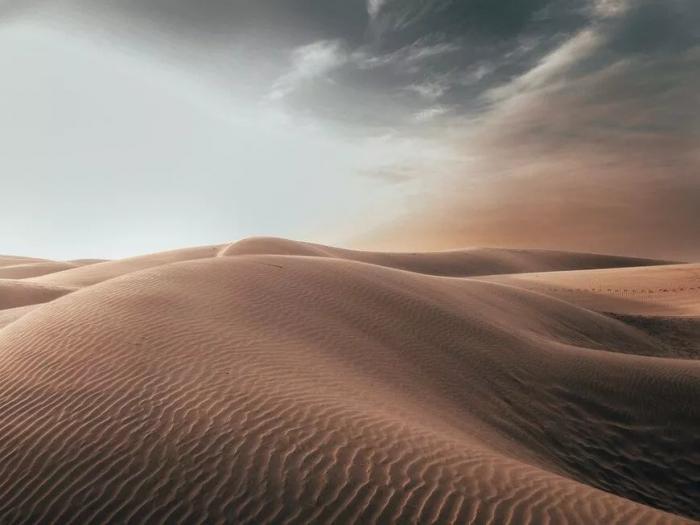
Naturally, the weather patterns aren’t the same during the entire season. Keep check of the weather for the specific dates of your trip.
Desert Photography Tip 6: Search Your Spot
It's not simply a sandbox in the desert if you're interested in shooting it. Dunes, canyons, and more may be found here.
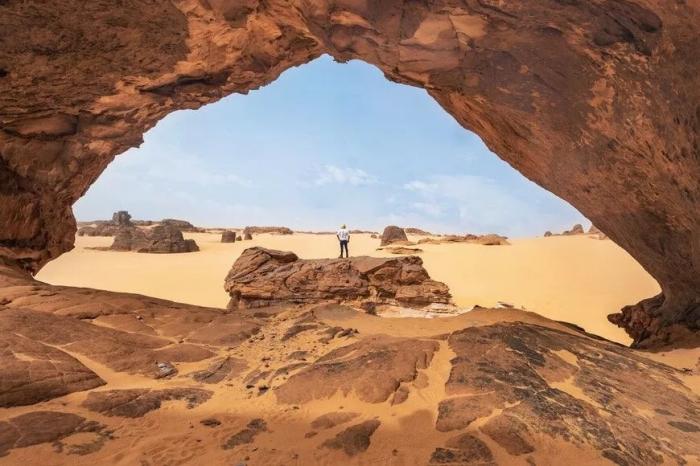
You should investigate your desert photography area in advance to identify the most proper place for magnetic components.
Desert Photography Tip 7: Shoot In The Morning Or Evening
You can go to the desert whenever you want. Light and shadow are challenging to capture at the brightest, hottest parts of the day, and this is also the most dangerous time to be out in the sun.
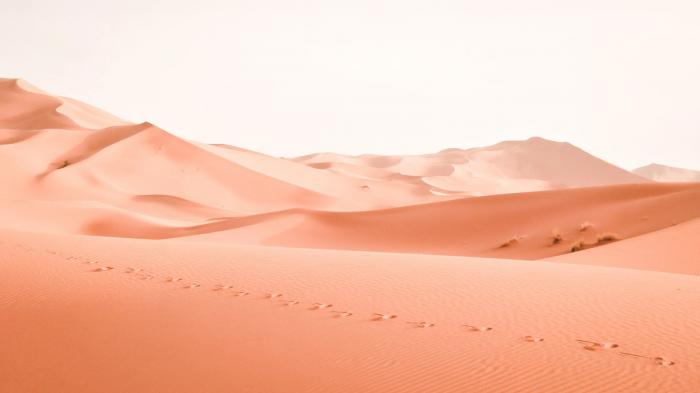
If you want to get stunning desert images, aim to shoot in the early morning or late evening when the light is cooler, and the desert scene is more detailed.
Desert Photography Tip 8: Check the Sun's Direction
Do not shoot when the sun is directly behind you during the evening and early hours.

The most incredible images have a combination of light and shade that brings out hidden details.
Desert Photography Tip 9: Add Depth And Interest
The desert offers several photographic opportunities. Finding a beautiful subject and composition in these arid, lonely places may take some time.
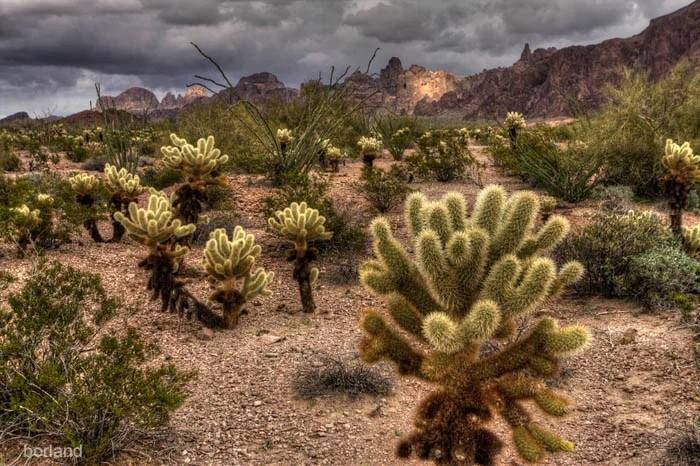
Objects, framing, and forced perspective are excellent indicators of one-third placement. Keeping these in mind will help you pick a worthwhile subject.
Desert Photography Tip 10: Post-Processing Is Important
Post-processing may enhance your desert photos. Follow these tips:
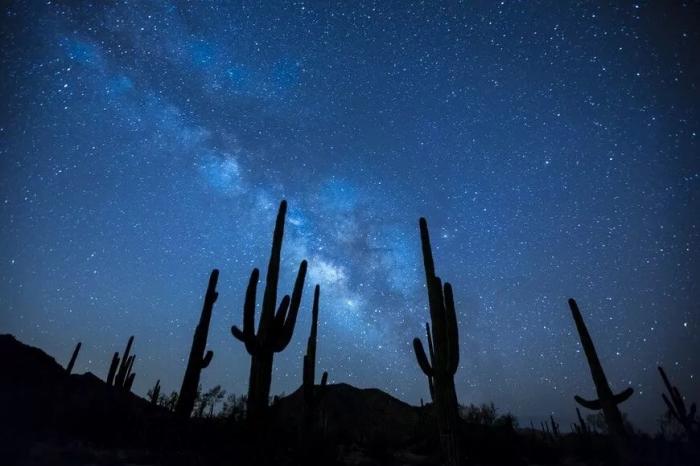
- Use Lightroom's Dehaze to boost contrast and saturation.
- Altering brightness will add depth to the photograph and highlight natural patterns like broken mud.
- You may use the Graduated Adjustment filter in Photoshop.
- You can also use VanceAI to increase your photo quality.
Upscale Your Photo with VanceAI in One-Click
VanceAI offers powerful AI image enhancer tools to improve image quality and make photo hd online. You can upgrade image resolution up to 800%, enhance its detail, and adjust color 100%.
Step 1: Upload A Picture
Upload your picture to the VanceAI website. Hit on “Click to Choose Files” or drag and drop a photo to this free image enlarger.

Note: The picture you need to upload for upscale should be less than 5MB, and its resolution should also be less than 2000x2000px. The image format VaneAI support is JPG, JPEG, and PNG.
Step 2: Choose A Scale

You can upscale images from four different ranges: 2x, 4x, 6x, and 8x. However, under the free plan, you can enlarge pictures by choosing 2x or 4x.
Step 3: Enlarge Picture Online In One Click
Click “Start to process”, this online tool will automatically enlarge the picture.

Step 4: Download the Result In No Time
You are suggested to log in with your account before saving the enlarged picture. Otherwise, the result you download will have a watermark.

FAQs
What To Wear For Desert Photography?
If you want compelling and model-like desert photos, you need to wear a hue of tan, peach, dusty mauve, sandstone, and mocha. The monochromatic warmth against the sandy desert will form texture and calm.
These styles never go out of fashion!
Conclusion
Deserts are beautiful to capture photographs. With little preparation, you can be rewarded with the most incredible pictures that you can imagine.
Be prepared when you go out for desert portrait photography! Follow the above desert photography ideas to get truly stunning images.
If you ever thought deserts are not worth visiting for photography, I hope this article will change your mind. Read more:10 Ideas on brilliant Water photography Tutorial
Read More to Know Deeper:

- Desert Photography Tip 1: Carry The Proper Equipment
- Desert Photography Tip 2: Take Your Essentials
- Desert Photography Tip 3: Get Yourself Appropriate Clothes
- Desert Photography Tip 4: Know Well About Camera Settings
- Desert Photography Tip 5: Plan Your Weather
- Desert Photography Tip 6: Search Your Spot
- Desert Photography Tip 7: Shoot In The Morning Or Evening
- Desert Photography Tip 8: Check the Sun's Direction
- Desert Photography Tip 9: Add Depth And Interest
- Desert Photography Tip 10: Post-Processing Is Important




